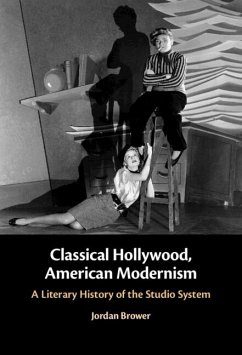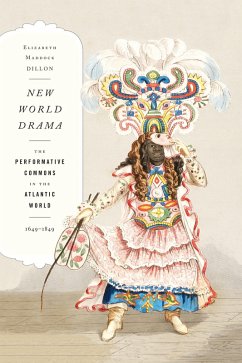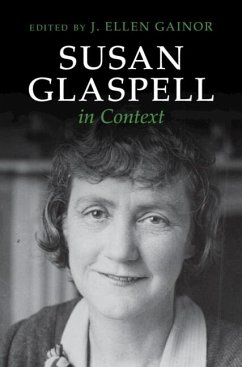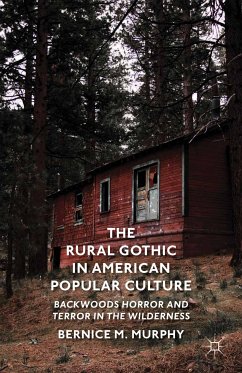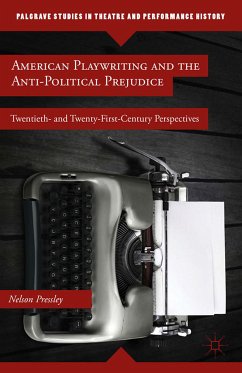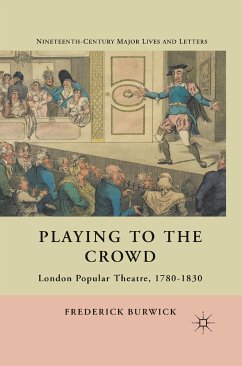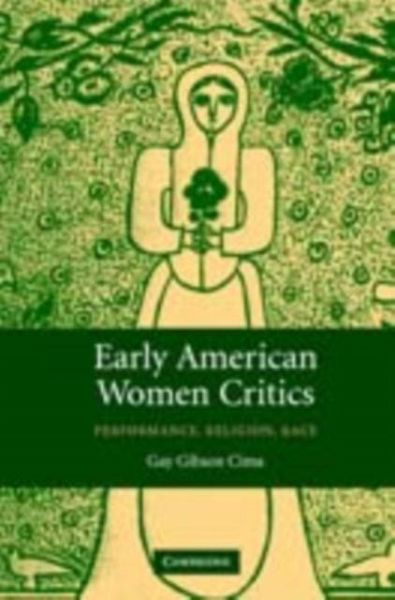
Early American Women Critics (eBook, PDF)
Performance, Religion, Race
Versandkostenfrei!
Sofort per Download lieferbar
31,95 €
inkl. MwSt.
Weitere Ausgaben:

PAYBACK Punkte
16 °P sammeln!
Early American Women Critics demonstrates that performances of various kinds - religious, political and cultural - enabled women to enter the human rights debates that roiled the American colonies and young republic. Black and white women staked their claims on American citizenship through disparate performances of spirit possession, patriotism, poetic and theatrical production. They protected themselves within various shields which allowed them to speak openly while keeping the individual basis of their identities invisible. Cima shows that between the First and Second Great Religious Awakeni...
Early American Women Critics demonstrates that performances of various kinds - religious, political and cultural - enabled women to enter the human rights debates that roiled the American colonies and young republic. Black and white women staked their claims on American citizenship through disparate performances of spirit possession, patriotism, poetic and theatrical production. They protected themselves within various shields which allowed them to speak openly while keeping the individual basis of their identities invisible. Cima shows that between the First and Second Great Religious Awakenings (1730s-1830s), women from West Africa, Europe, and various corners of the American colonies self-consciously adopted performance strategies that enabled them to critique American culture and establish their own diverse and contradictory claims on the body politic. This book restores the primacy of religious performances - Christian, Yoruban, Bantu and Muslim - to the study of early American cultural and political histories, revealing that religion and race are inseparable.
Dieser Download kann aus rechtlichen Gründen nur mit Rechnungsadresse in A, B, BG, CY, CZ, D, DK, EW, E, FIN, F, GR, HR, H, IRL, I, LT, L, LR, M, NL, PL, P, R, S, SLO, SK ausgeliefert werden.





